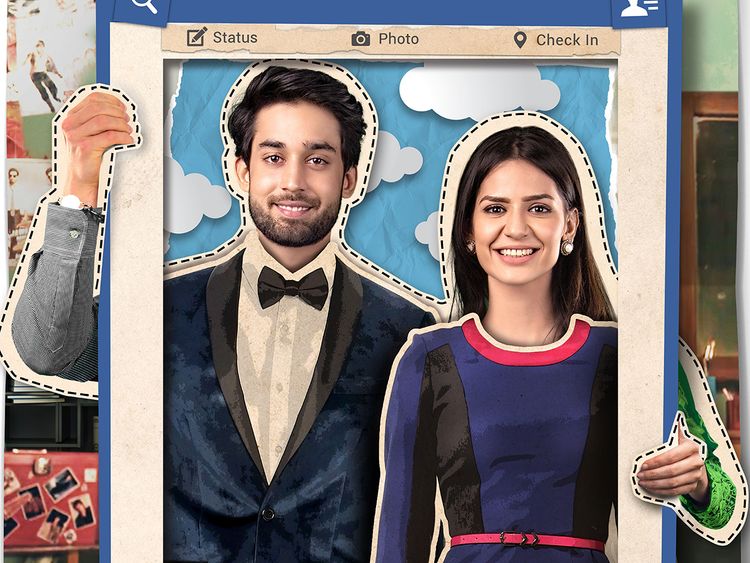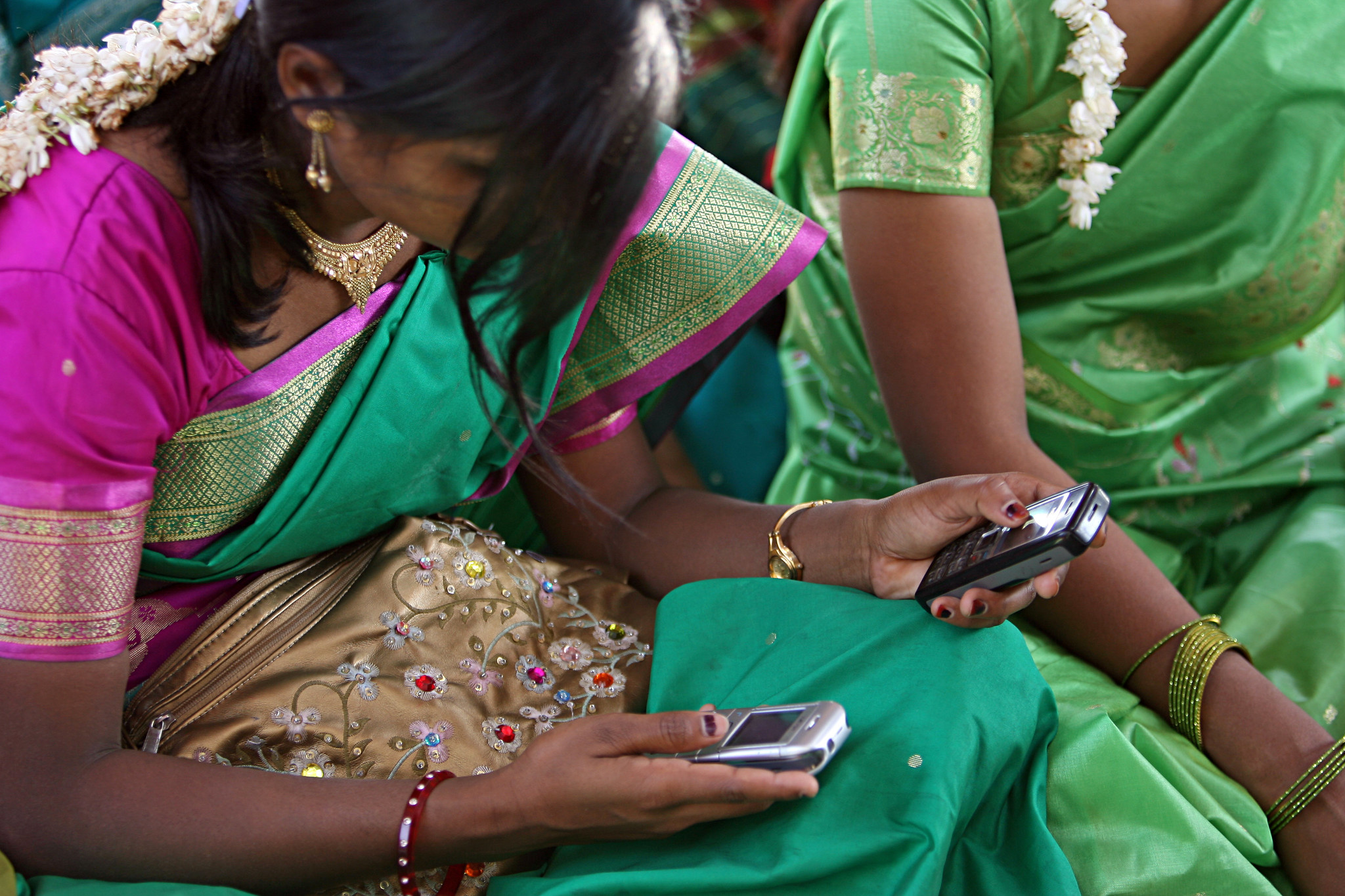The cyberspace allows for the development of unique kinds of inter-personal relationships by facilitating both synchronous and asynchronous communications. These formats allow one to imagine, both themselves and the recipient, in any manner they please. In this regard, it is a space where people can express themselves without qualms and social constraints and explore untrodden dimensions of their personalities. Of course, there are downsides to it and it often turns into a bane when people forget that this imaginative space is very much a part of reality and the relations that are forged within it are real relationships. Yet the use of this medium of communication persists and its use by a large chunk of the youth is likely to continue because it comes across as a space that is more egalitarian, one that is above limitations imposed by our contexts. This dimension of the virtual world is highlighted in the lighthearted Zee5 original web series ‘Ek Jhooti Love Story’ that released on 30th October 2020.
The story revolves around the characters of Sohail, played by the exceedingly versatile Bilal Abbas Khan and Salma, played by the equally polished Madiha Imam. Initially, the two don a bellicose attitude towards one another as they find each other not even remotely close to the ideals that they have created in their minds with regards to their life partners. Both Sohail and Salma, who belong to the middle class, develop a liking towards Nofil and Natalia, two people who belong to an entirely different world.
Realising that their real selves will never appeal to the two, Sohail and Salma create fake profiles of them but unknowingly end up interacting with one another. The plot deals with how the protagonists begin with using this space simply as a release from their constrained existence but how eventually their lives get inextricably linked to their virtual ids, and how circumstances and fate actually bring together these two apparently mismatched individuals.
Ek Jhooti Love Story may come across as rather slow in different parts and at certain points you may feel that the story should have had more surprise elements. Nonetheless, it deals with intricacies of human life and the pace allows the show to the capture these nuances better.
The series is a refreshing break from the emotionally draining dramas telecasted on mainstream media and gives the same feels as the shows that were written and initially telecasted on Zee’s Zindagi Tv. These vibes are not surprising because it is coming from the writer of the iconic show Zindagi Gulzar Hai, Umera Ahmed and the award winning director Mehreen Jabbar. The two’s collaboration in the past have always created benchmarks and Ek Jhooti Love Story comfortably adds itself to the list, even though the genre is different from the earlier joint ventures.
The show seems to discuss the very ordinary and mundane aspects of our lives and that’s exactly where its beauty lies. The show’s appeal is in its depiction of a world that seems extremely close to us and in the array of equally relatable societal aspects it deals with. The script is not something out of the blue. Ek Jhooti Love Story may come across as rather slow in different parts and at certain points you may feel that the story should have had more surprise elements. Nonetheless, it deals with intricacies of human life and the pace allows the show to the capture these nuances better.
Also read: Review: Daniel Sloss And His Responsible Comedy
Apart from dwelling into the world of social media, the society’s obsession with getting women married, the ingrained and internalised nature of sexism in both men and women, the hypocritical attitudes of the middle class along with the issue of class distinctions and aspirations of class mobility in our society is also brought to light. How language, food, lifestyle are markers of one’s class status and how the notion of choice with regards to marital partners is linked to one’s class location is also highlighted. Further, how education is often turned into a means to create social distinctions is subtly discussed.
Sohail and Salma are not the conventional hero and heroine in the show. They have their set of flaws and while they seek ideal qualities in their partners, they themselves are far removed from what may constitute as ‘perfection’ in their language.
The story is simple and so are the characters, yet the show is able to create a mark for itself and this is achieved through the consistent and appreciable performances of the actors. What’s commendable is that there is growth in each character and they all have both white and grey elements instead of being either-or. Sohail and Salma are not the conventional hero and heroine in the show. They have their set of flaws and while they seek ideal qualities in their partners, they themselves are far removed from what may constitute as ‘perfection’ in their language. The two aptly represent today’s youth which is not ready to settle for just anything.
Bilal Abbas Khan as Sohail does complete justice to the role like he has done previously with his characters like Wajih, Abdullah, and the rest and even though the character may come across as very ordinary he is able to bring in a unique essence to his role while keeping it extremely relatable. Salma’s character is also convincingly played by Madiha Imam. The role of Salma for her is a break from her past characters and hence her portrayal of Salma comes across as extremely refreshing.
All the supporting cast members have brought in the much needed quirkiness to the show, most notably the character of Nusrat Jahan, Salma’s mother, played by Beo Raana Zafar.
Also read: Review: Unlimited Girls–A Viewer’s Guide to Feminism
To conclude, the show is a good commentary on our society and ends with some important lessons. The story’s rootedness in reality and the performances of the actors constitutes the fulcrum of the series making it a worthy watch.
Featured Image Source: Gulf News
About the author(s)
Yashfeen has completed her B.A in sociology from St. Xavier's College, Kolkata and M.A from Jadavpur University. She loves engaging with sociological literature and enjoys bingewatching and spending her time with her family and friends.




